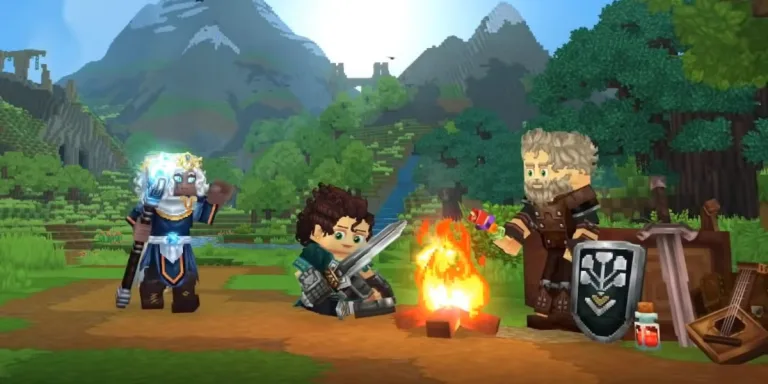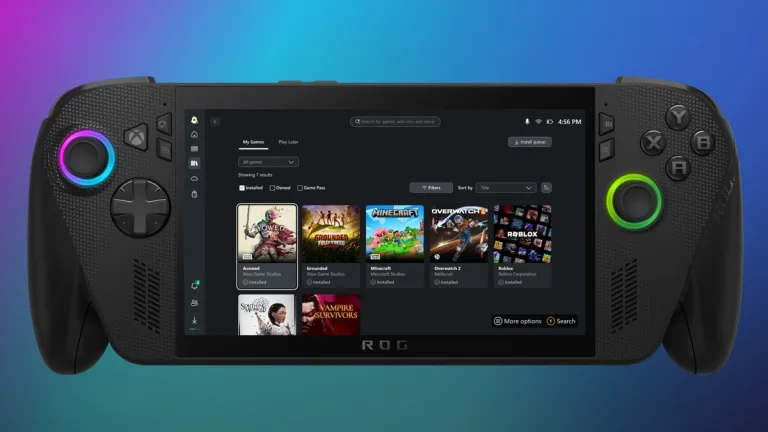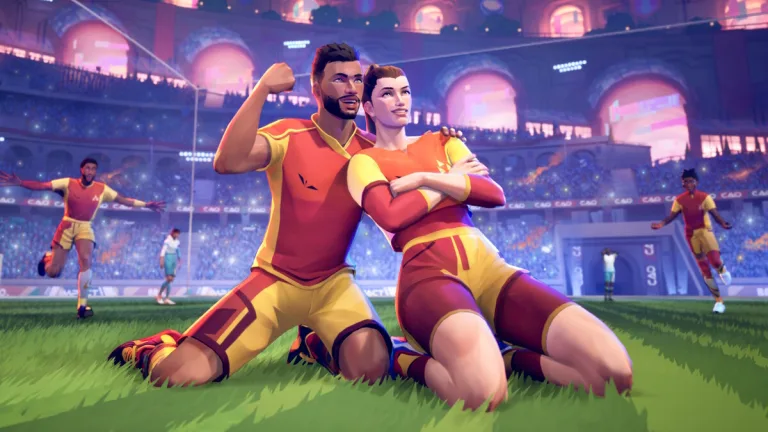On June 23, 2025, Riot Games stunned the gaming world by announcing the cancellation of Hytale and...
Day: June 24, 2025
In a week already brimming with gaming news, Xbox has dropped two announcements that signal its evolving...
Following his split with Konami, Hideo Kojima attempted to distance himself from the Metal Gear Solid legacy...
The creators of Sifu decided to move away from martial arts and embark on a completely different...





